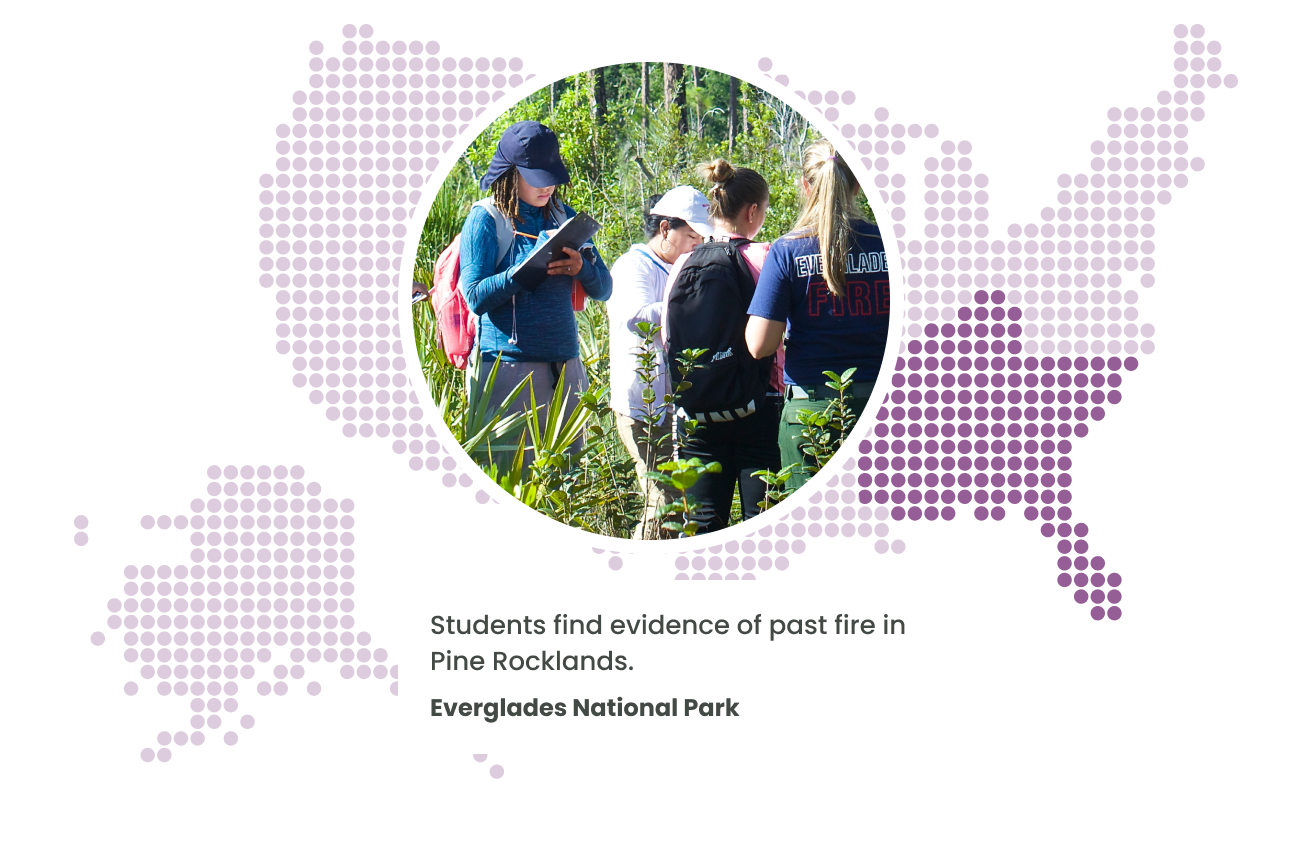About TCGM Region 4
TCGM Region 4 is a cooperative agreement between EPA’s Office of Environmental Justice and External Civil Rights (OEJECR) and RTI International.
We make awards to community-based organizations and other eligible organizations to support the planning, assessment, and development of community-based projects.
If you are located in EPA Region 5, 6, or 7, visit the TCGM Region 5, Region 6, or Region 7 websites to learn more about their program. If you are an organization represented across EPA Regions 4-7, visit the TCGM National-Central website to learn more.

Cultivating Community-Driven Change
We believe that meaningful community engagement is possible when we are willing to bring community members’ perspectives into the design process by sharing the power and influence that comes with decision-making authority.
We, as the Grantmaker, see our role as conduits and facilitators of a set of coordinated activities that will reach communities that have been disadvantaged and underserved.
How We Work
We center diverse community perspectives and expertise, engaging community representatives who are directly affected by environmental inequities and historically excluded from environmental policymaking and regulation processes.
No single organization can advance racial equity and environmental justice alone. Our community-based approach addresses local environmental and public health issues through multiple collaborations with diverse partners.
Our community-engaged transformative governance model supports decision-making that acknowledges that community organizations have the authority to define success for their projects.
Our approach advances racial equity by positioning community members, as part of community advisory boards (CAB), as decision makers in selecting grant recipients.
Our applications are inclusive and accessible to all potential applicants, available in multiple formats, and tailored to reach diverse communities across regions.
Our team brings expertise in grant management, environmental science, environmental justice, and equity-centered research and evaluation to best support applicants and grantees.
For years, community advocates have been calling for federal support and resources to help address our country’s most pressing environmental justice concerns. We’re responding to these calls by removing barriers that have traditionally held communities and applicants back from accessing these historic investments in America.
Michael S. Regan, former EPA Administrator
Who is TCGM Region 4?
RTI International is an independent, nonprofit research institute dedicated to improving the human condition. Our vision is to address the world's most critical problems with science-based solutions in pursuit of a better future. RTI’s Transformational Research Unit for Equity (TRUE) is an interdisciplinary team of dedicated experts leading a new way forward with equity-centered transformative research. The TCGM Region 4 grantmaking team brings together RTI’s breadth of experts and innovations in equity-centered research, environmental justice, community engagement, health, environmental sciences, communications, analytics, education, workforce development, and climate solutions.
Established in 1910, NCCU is a historically Black university committed to diversity in and access to higher education. CARES is a formal collaboration between NCCU and RTI designed to increase joint sponsored research between the two institutions. The collaboration brings together experts from NCCU and RTI to address critical issues in environmental health and develop the next generation of leaders in health equity. The Center draws on the strengths of NCCU, a regional leader in health equity research, and RTI, a global interdisciplinary research organization with state-of-the-industry laboratories. CARES conducts impactful research and trains aspiring university students in laboratory sciences, environmental modeling, risk assessment and communication, and implementation of interventions, in direct collaboration with industry thought leaders. NCCU-RTI CARES actively contributes to the health and well-being of North Carolina’s most vulnerable populations and living the missions of both organizations: preparing students to become practitioners who transform communities and improve the human condition by turning knowledge into practice.
The National Center for Healthy Housing (NCHH) is the preeminent national nonprofit dedicated to securing healthy homes for all. Since 1992, NCHH has served as a highly regarded and credible change agent, successfully integrating healthy housing advocacy, research, and capacity building under one roof to reduce health disparities nationwide. The mission of the National Center for Healthy Housing is to ensure that everyone has a safe and healthy home. With more than six million families living in substandard housing, we equip leaders across the public health, housing, and environmental sectors with the data, tools, policies, and best practices needed to improve housing quality in their communities. We channel the powerful energy and deep-rooted interests of the healthy housing movement into a force for change.
The Southern Environmental Law Center (SELC) is the largest environmental nonprofit legal advocacy organization rooted in and focused on the South. SELC’s mission is to protect the basic right to clean air, clean water, and a livable climate; to preserve our region’s natural treasures and rich biodiversity; and to provide a healthy environment for all. As lawyers, policy and issue experts, and community advocates and partners, SELC takes on the toughest challenges to protect our air, water, land, wildlife, and the people who live here. Transforming our region away from fossil fuels to clean energy, righting environmental injustices, stopping pollution, and protecting nature.
UKY has dedicated research and supports that serve to improve the health and well-being of rural Kentuckians and the quality of rural America. Research leading to new knowledge and the transfer of this new knowledge through teaching and service are two of the major responsibilities of the University of Kentucky. The University of Kentucky Research Foundation (UKRF), a not-for-profit Kentucky corporation, was established in 1945 and serves as the university’s agent in the receipt of all external grants and contacts and manages special cooperative agreements, among other activities. With a rich history of working closely with rural and remote communities through the Southern Rural Development Center, Building Rural Innovations and Development Growth Economies (CREATE BRIDGES), Rural Community Assistance Partnership, National Association of Community Development Extension Professionals, and the U.S. Department of Agriculture’s (USDA’s) Rural Placement Initiative, the University of Kentucky is a vital partner to help ensure TCGM Region 4 reaches underserved, remote, and rural populations throughout the region.